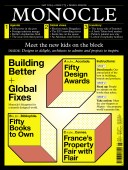
- Issue 173
- May 2024
Issue 173
Monocle’s blueprint for a smartly designed world.
In This Issue
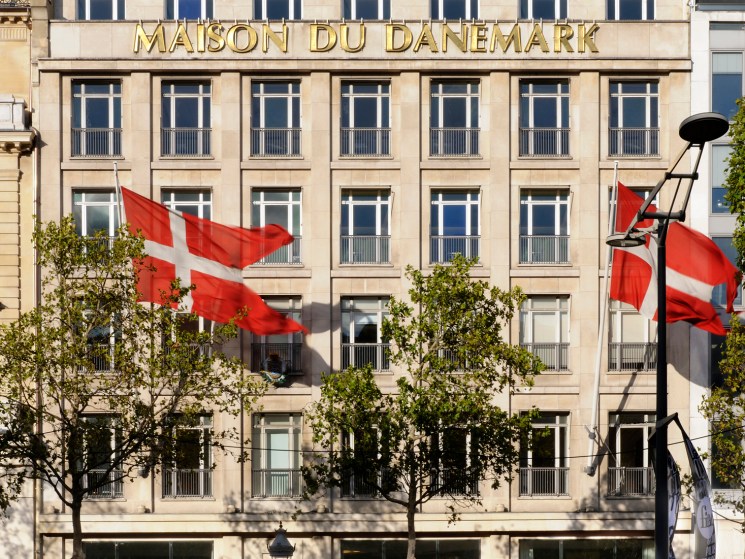
- 173 | Issues
- 8 min read
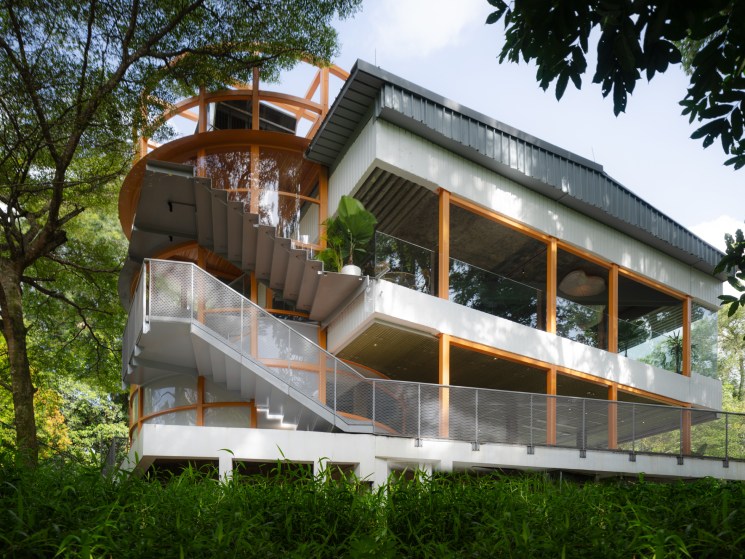
- 173 | Issues
- 10 min read
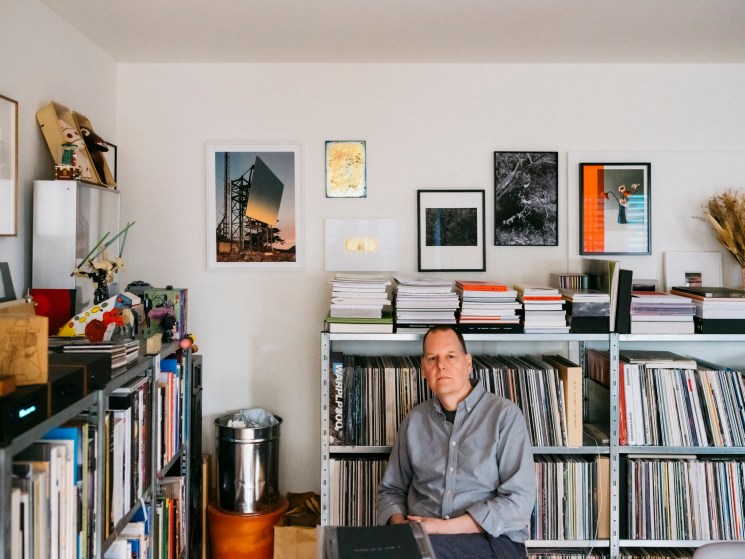
- 173 | Issues
- 10 min read
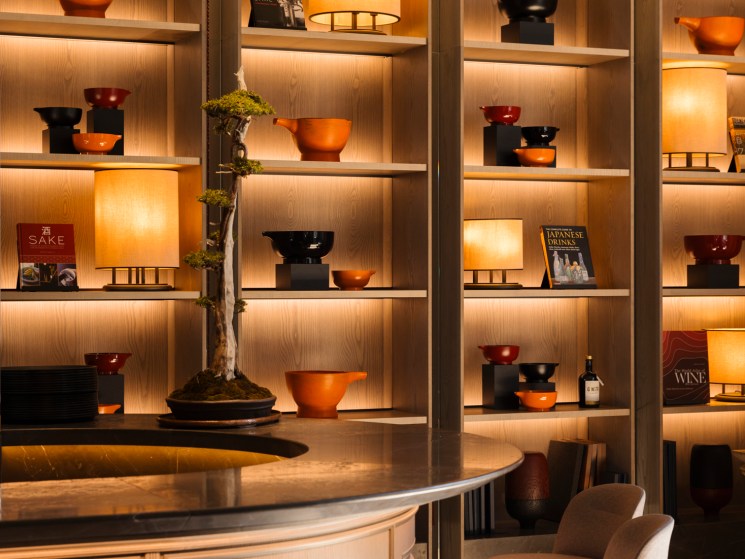
- 173 | Issues
- 5 min read
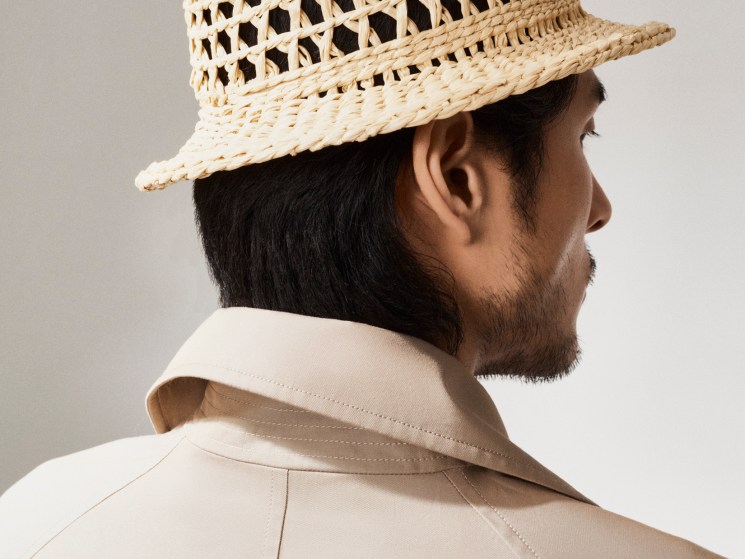
- 173 | Issues
- 4 min read
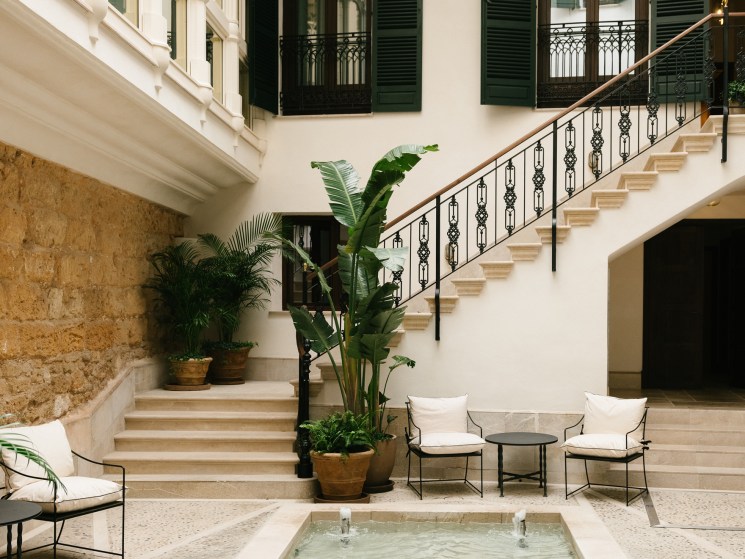
- 173 | Issues
- 4 min read
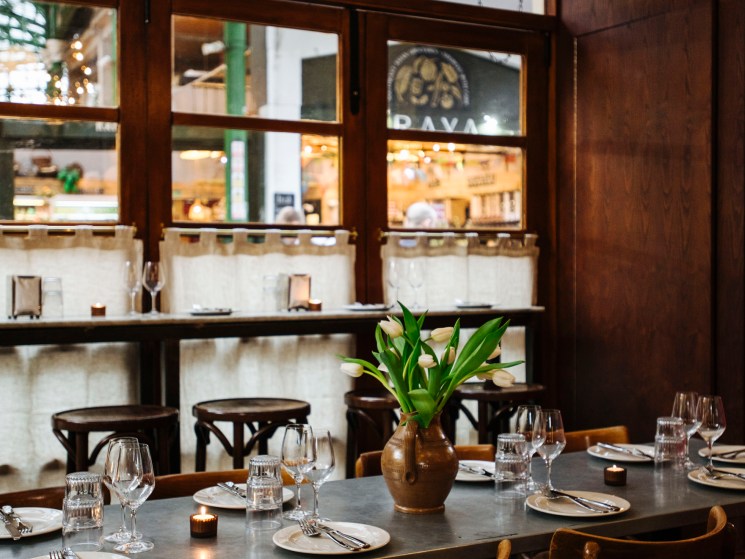
- 173 | Issues
- 8 min read
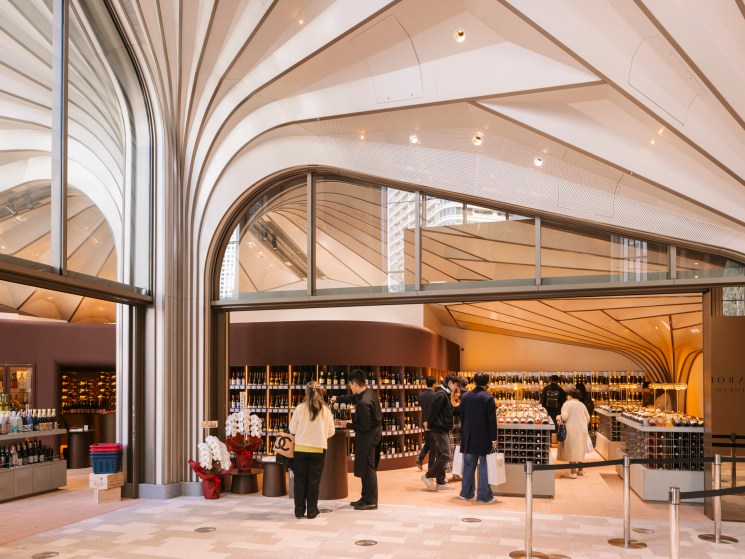
- 173 | Issues
- 9 min read
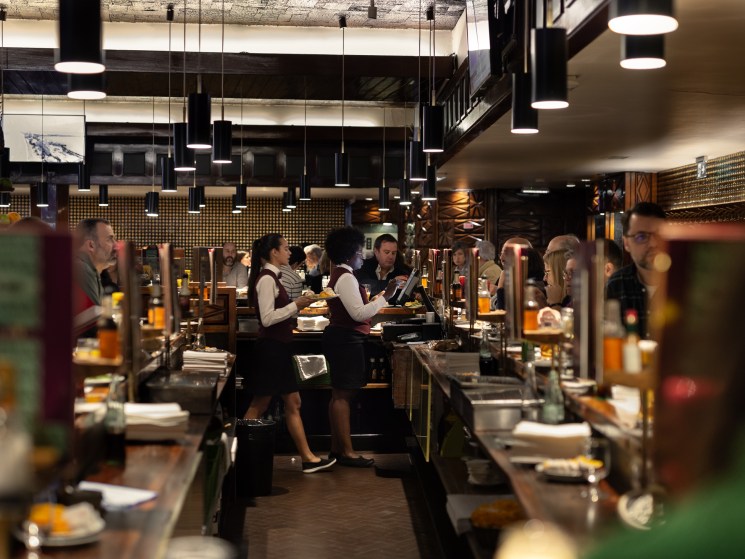
- 173 | Issues
- 4 min read

- 173 | Issues
- 6 min read

- 173 | Issues
- 7 min read
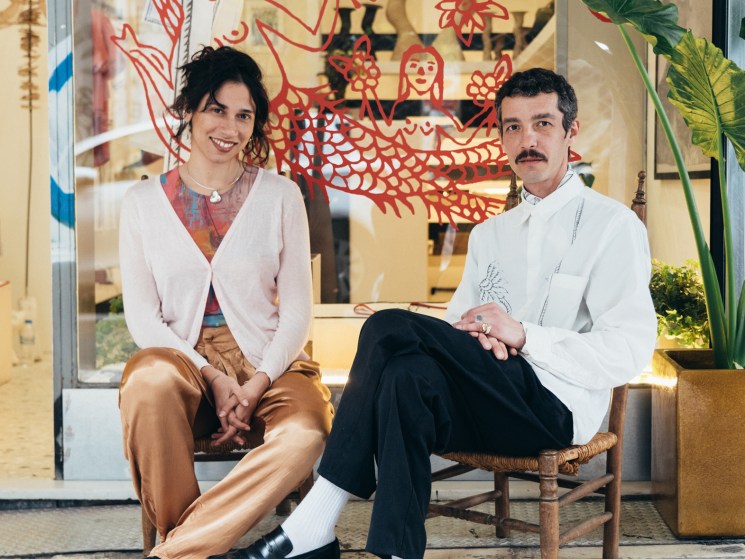
- 173 | Issues
- 16 min read


